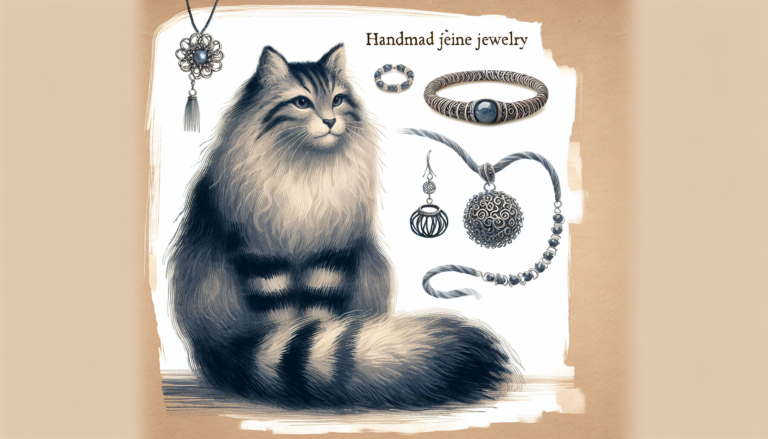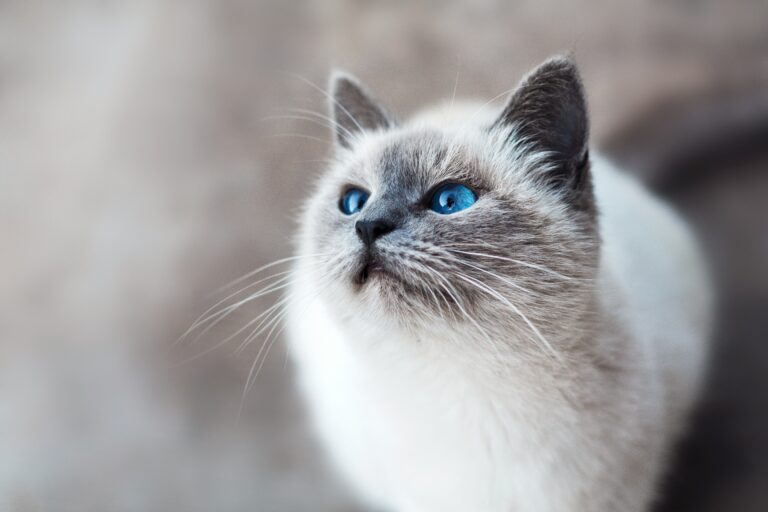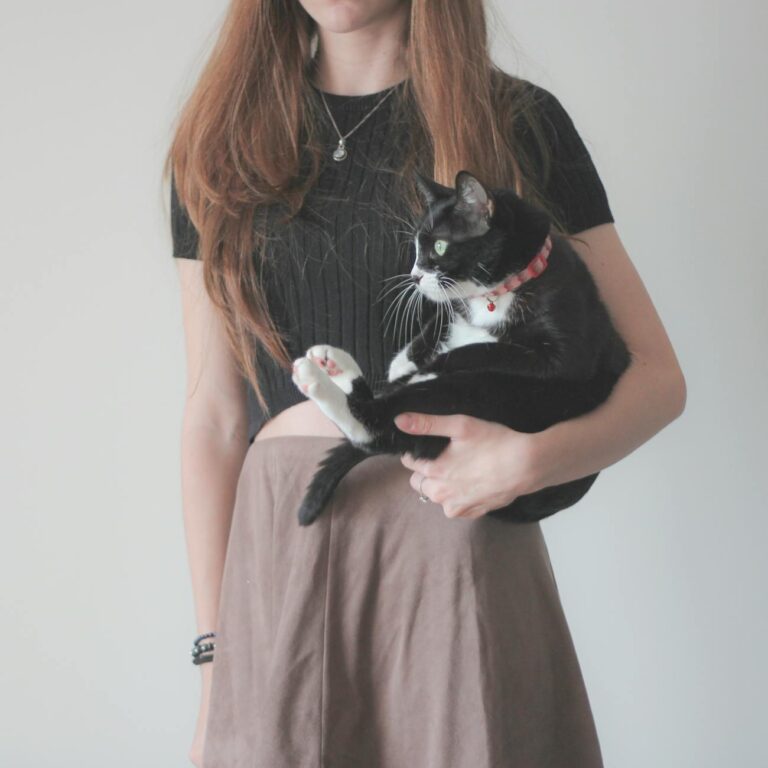Cats Butt Smells: Understanding and Solutions
Cats butt smells are a common concern among pet owners and can indicate various health issues. At Cat Karma Creations, we are dedicated to ensuring your feline friend maintains optimal health and freshness. This article provides information on the potential causes, symptoms, and remedies for a smelly cat rear end. By recognizing these signs early and implementing the right measures, you can help keep your cat feeling comfortable and smelling pleasant.
Causes of Cats Butt Smells
Cats Butt Smells: Anal Gland Problems
Anal gland issues are significant contributors to cats butt smells. These small sacs, situated near the cat’s anus, can become impacted or infected, leading to unpleasant odors. Symptoms to watch for include scooting, visible discomfort, and a strong odor. Left untreated, these issues might worsen, causing further health dilemmas.
To manage these, regular veterinary checks are advised. Your vet may need to manually express the glands or provide antibiotics for infections. In severe cases, surgical intervention might be necessary. Keeping your pet’s diet balanced and hydration levels adequate can help prevent anal gland complications.
Cats Butt Smells: Skin Infections
Skin infections can also generate cats butt smells. You might notice redness, itching, hair loss, or an intense smell around your cat’s rear end. Causes can include bacterial or fungal infections, allergies, or other health problems.
Treatment typically involves topical applications, oral meds, or antifungal agents as needed. Regular grooming practices can prevent these infections and keep the skin healthy. Using hypoallergenic foods and effective flea control treatments can also deter skin issues.
Cats Butt Smells: Urinary Tract Issues
Urinary tract infections (UTIs) can also cause noticeable cats butt smells. Watch for frequent urination, visible straining, blood in urine, or a strong smell around the litter box. UTIs may result from bacterial or viral causes, dehydration, or stress.
Antibiotics, pain relief, and fluid therapy are typical UTI treatments. Ensure your cat’s diet remains balanced, and stress is minimized to reduce the UTI risk. Proper hydration and timely vet visits play a pivotal role in prevention.
Identifying and Addressing Symptoms
Spotting Cats Butt Smells Symptoms
Recognizing symptoms linked with cats butt smells early can mitigate more serious problems. Foul odors, scooting, discomfort, and noticeable changes in behavior are red flags. Keep a close eye on grooming habits and seek advice promptly if issues persist.
Regular sanitary grooming can help monitor symptoms. Addressing these signs early on will ensure effective management and prevention of health disruptions. Contact your vet when symptoms are severe for quick diagnostic and treatment plans.
Veterinary Intervention
If symptoms of cats butt smells persist, seeking veterinary help is crucial. Vets diagnose the primary cause through comprehensive examinations and tests including bloodwork, urinalysis, and sometimes imaging.
Treatment options may vary from antibiotics for infections to manual interventions for gland issues. Regular check-ups can help identify problems before they exacerbate, ensuring your pet remains healthy and odor-free.
Maintaining a Fresh-Smelling Cat
Regular Vet Visits
Routine vet check-ups are vital in detecting potential health concerns early. During these visits, the vet will screen your cat for issues contributing to cats butt smells and suggest preventive strategies and treatments as needed.
Sustaining a routine of examinations and treatments aids in the proactive maintenance of your cat’s health, keeping them fresh-smelling and comfortable.
Effective Grooming Practices
Proper grooming holds immense importance for odor management. Regular brushing removes loose hair and alleviates hairball troubles. Bathing with gentle, cat-friendly products can further preserve cleanliness and a pleasant smell.
Grooming routines not only aid hygiene but provide bonding moments, enhancing trust between you and your pet. Check for any skin irregularities during grooming sessions to identify problems promptly.
Nutrition and Diet
A nutritious diet can significantly impact your cat’s general health and help prevent odors. Foods rich in fiber and nutrients promote digestive health, lowering the risks of smells linked with poor digestion.
Seek advice from your vet about the optimum diet for your cat. Avoid feeding them potentially harmful snacks and ensure they have access to fresh water at all times to boost hydration.
Practical Solutions and Tips
Flea Management
Regular flea treatments and maintaining a clean surrounding are crucial. Fleas can contribute to odors. Employ reliable flea treatments and ensure your home remains free of fleas and their eggs.
Regular vacuuming and washing of your cat’s belongings can help in maintaining a flea-free environment. Opt for flea repellents where necessary to manage and prevent infestations effectively.
Encouraging Hydration
Boosting hydration supports urinary tract health. Ensure your cat has constant access to water and consider offering wet food to boost intake.
Regular vet visits can signal early warning signs of UTIs and related problems, allowing for timely intervention and sustained good health.
Treatment Approaches
Medical Treatments for Cats Butt Smells
Medical treatments are vital for the reliable management of poor odors. Depending on your cat’s diagnosis, treatments may range from antibiotics for infections to manual gland expressions.
Natural Remedies and Preventative Measures
Consider integrating home remedies alongside medical treatments to prevent cats butt smells. Regular grooming and providing a healthy diet are straightforward yet efficient methods for sustaining hygiene.
Introducing naturally derived options such as probiotics can support gut health, which in turn minimizes odor risk. Encourage exercises that support intestinal health and help in managing digestive issues.
| Health Concern | Symptoms | Causes | Prevention and Care |
|---|---|---|---|
| Anal Gland Issues | Odor, scooting, irritation | Impacted glands | Regular vet checks, adequate diet |
| Skin Infections | Redness, itching, odor | Bacterial/fungal infections | Grooming, hypoallergenic diet |
| Urinary Issues | Odor, straining, frequent urination | Dehydration, bacterial infections | Hydration, diet balance, stress management |
| Flea Infestations | Visible fleas, irritation, odor | Flea attacks | Preventive treatments, clean surroundings |
Conclusion
Maintaining your cat’s health and freshness is crucial, and it begins with understanding what causes cats butt smells. Proactive measures including regular vet visits, apt grooming, and balanced nutrition go a long way. If concerns arise, remember that seeking professional guidance promptly ensures your cat remains happy, healthy, and pleasant.




